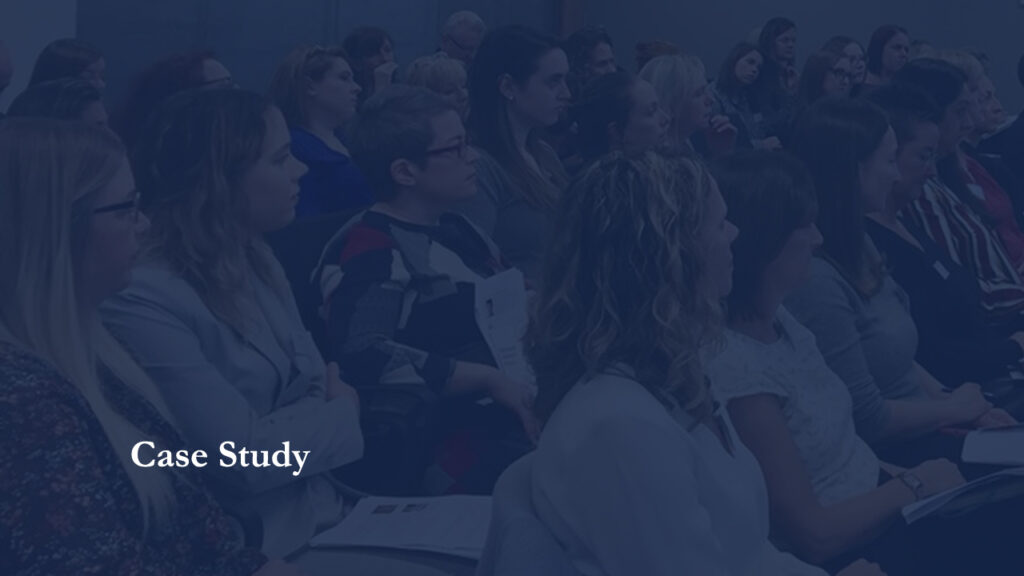While most women in STEM say they want advice, what they most often want is simply more support from those around them. They are eager to want to avoid micromanaging, as it simply takes too much time. Most of my coaching clients, after several sessions, admit to me they’ve used coaching techniques they’ve learned in our sessions for working with their own direct reports -simply to avoid micromanaging. This happens because these direct reports are in exactly the same place – not necessarily wanting advice, but rather more support. Plus, they are like their boss 😉 – they want to avoid micromanaging.
Mara, a woman in STEM client, exasperatedly told me how skilled her team was. Her bugbear? Some simply seemed unwilling to take decisions until she affirmed they were on the right track. This, however, created a backlog for Mara. Mara explained ‘Most of the time, I suspect they know exactly what they need to be doing…it’s just easier to ask me’. Mara found coaching effective in her own career, so wanted to use some of these techniques with her own people. She realised this could work even amongst those who routinely answered ‘I don’t know’ to her questions. Using these coaching techniques would enable her to listen, weigh in if need be, and avoid micromanaging.

In the end, the question that helped her turn people around? ‘Well, if you had to guess how to progress, what would that be?’ or ‘If I wasn’t here, and uncontactable – what would you do?’ Mara said that maddeningly, most of her staff knew exactly what to do, they were just slow to believe in themselves – or they needed the reassurance of her sign off. This is part of what it means to be the difference between a coach and a mentor.
This way to avoid micromanaging (something she herself hated being on the receiving end of 🙂 worked well for Mara. Most of her team were 90% right in their answers, she could correct any small mistakes, but also highlight how much they already knew. This was enlightening for Mara, because as most every client of mine learns, similarly, I don’t give blatant advice. Instead I just support clients in acting on the advice they’d give themselves. Most have ideas about how to progress on their challenges, we just need to talk them through, explore, get feedback, strategically plan and before they own the decisions they make.

Indeed, when I’ve been pushed to give advice in a coaching session; I’ve given them ‘advice’ via examples of what has worked for other clients on a similar challenge, and we’ll explore those implications for them. However, just as Mara found, when this happens I ask those clients what they found the most useful in the session – the coaching or the advice. They most often admit: ‘The coaching. I just needed to explore my ideas a bit better to figure out what was going to work best and get clearer on how I should approach it.’
As someone who no doubt has a range of colleagues, I’d invite you to use that simple question: ‘What do you suspect is your answer?’ to open people up further than perhaps even you expected.


